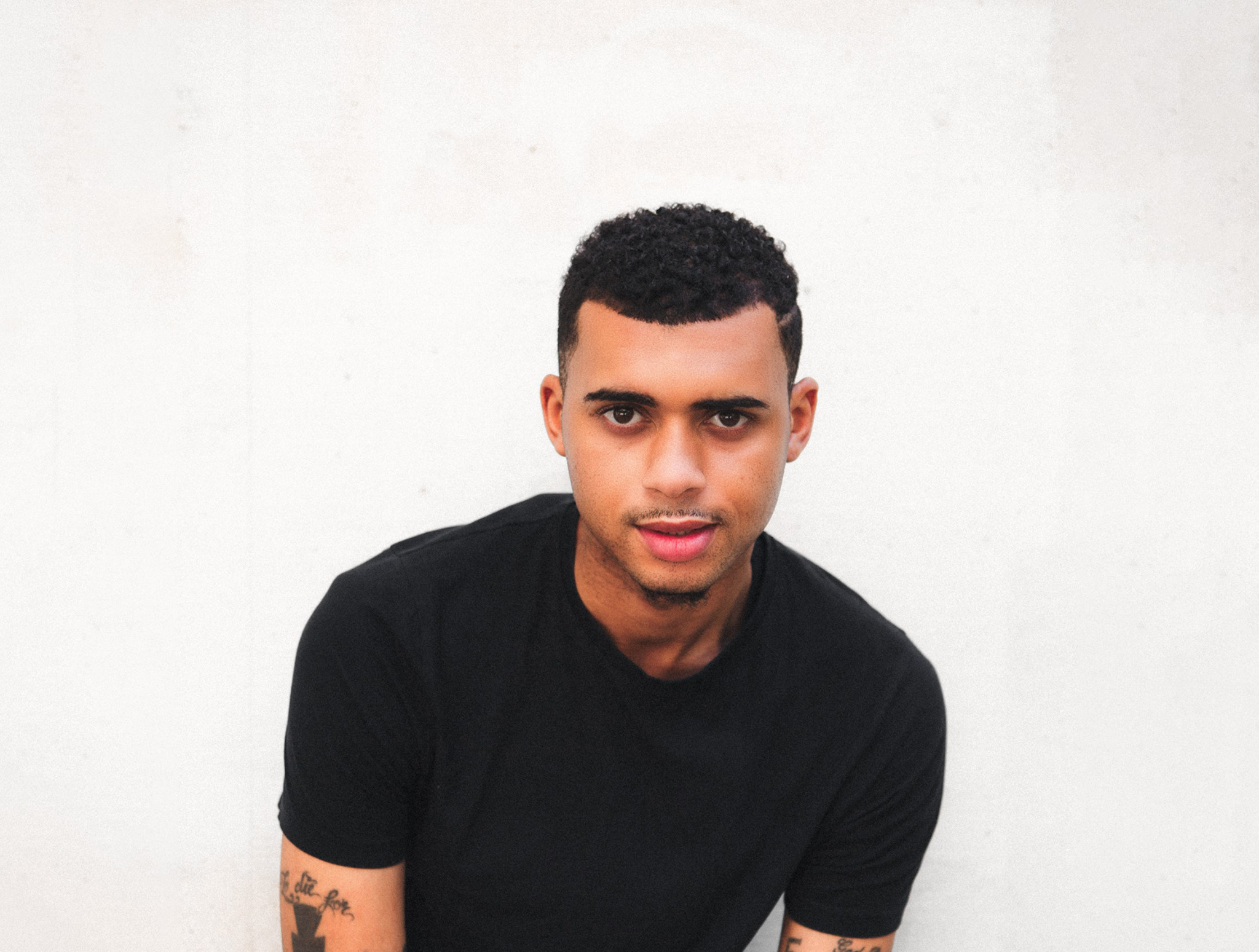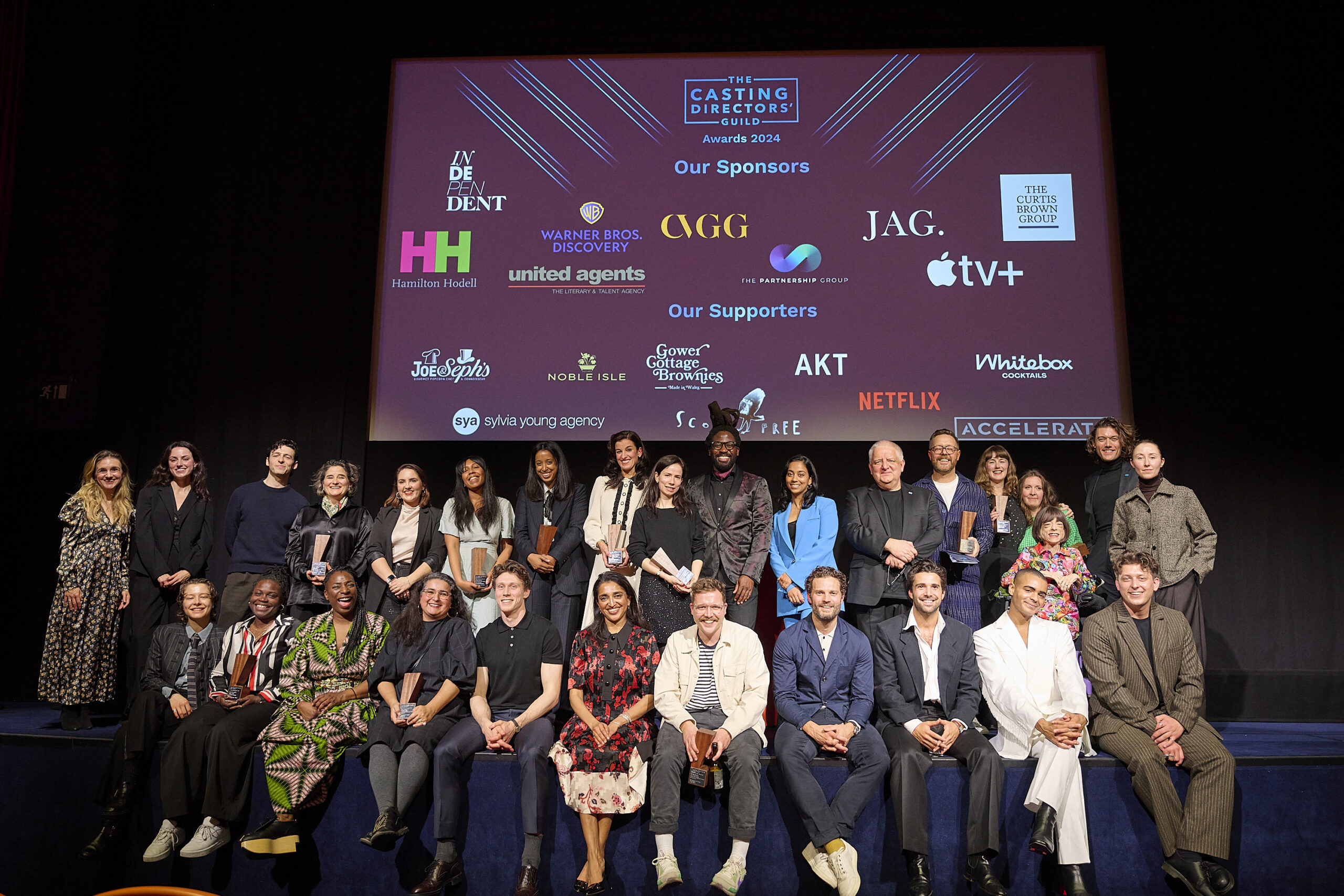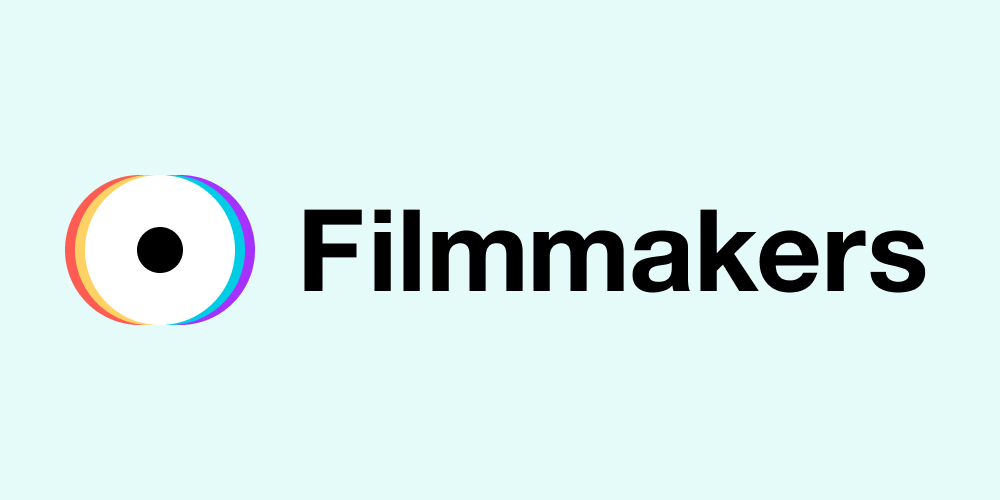Actor and one of The Voice 2020’s ‘ones to watch’ Ricardo P. Lloyd speaks to us about his acting journey, tips for self-motivation, and overcoming setbacks.
‘If you have a camera, and you have people around you, it shouldn’t stop you from creating. Some of the best art was done in crisis.’
2021 is a difficult time to be self-employed. It’s a difficult time to work in a sector like hospitality or entertainment, where your business relies on whether people are allowed to sit together in an enclosed space or not. So for actors, who fit into both of these categories, the pandemic has been an unforgiving nightmare.
Ricardo is one such actor. He was made homeless because of the pandemic, and his progression to the next stage of his promising career was interrupted. But instead of waiting for things to reopen, he decided to make his own opportunities and continue with his craft.
We were thrilled to talk to Ricardo about the triumphs and trials he has faced, and how he’s kept himself motivated during such difficult times.
Hi Ricardo! You were listed in The Voice Newspaper’s Top 20 of “Ones to Watch in 2020”. What impact did this have on your career?
It had quite a lot of impact because for people from my background, in terms of the traditional route of breaking into the industry, it’s not easy. It can be an elitist industry, and I think now things are starting to slowly shift in terms of diversity and people from more backgrounds [getting] an opportunity to showcase their talents. It was good to be recognised for the work that I’ve put in.
How did you feel when you realised the industry was coming to a standstill because of the pandemic?
It [felt] kind of painful and uncertain. I had theatre productions that I was a part of that got cancelled because of the restrictions and the new guidelines that were happening around Covid. From 2019, when I was doing all that stuff, it took me a while to get an agent. I saw some progress happening in my career, and for it to then take a pause and start going downhill was very frustrating.
As a young actor, you’re not always getting the roles, so how you support yourself is by doing temporary work. A lot of us young actors will take agency jobs like waitering so if your agent calls you to say, ‘I’ve got you an audition. You need to be here by nine,’ you can do that. You’re not really tied to a job. Imagine last year, when a lot of these industries shut down.
How has the pandemic affected you and your career?
It’s affected it quite a lot. If you think about how castings were done, it’s not the same anymore. It used to be you go into a room, you prepare for a role, and it’s almost like that live environment connected people. Everything is done digitally now, so it’s not the same as being in an environment to connect with people. I’m all about connections, and I feel like that’s what being a human is all about.
You’re certainly great at making connections! How do you motivate yourself to go out there and make your own opportunities even when things seem dismal?
I’ve got a degree in performing arts. I graduated in 2016, and after I graduated, I did an MBA – a Master of Business Administration degree. The reason I did a business degree is because I had a conversation with a famous actor and he said to me, ‘With anything, you have to understand the industry you’re getting yourself into.’ Those words stuck with me. I realised it’s actually an industry – acting is a business.
So I realised that in order for me to succeed and have a longevity in terms of career, I had to create my own opportunities and not just wait for things to happen, because it’s not going to happen. That has driven me to see opportunities in myself. I have to see ways of how I can get myself out there, how can I create, how can I connect, how can I develop and grow as a person, as an artist.
What setbacks have you faced, and how do you overcome them?
As an actor or as a creative, you are in the business of people’s opinions. So when you get rejected, it can be quite heart-breaking. You think, ‘Is there a problem with me?’ but you can’t let your worth be defined by that. You were valuable before you even went into an audition. The fact that you’re on this Earth, and you’ve got a unique fingerprint that no one else has, shows that you are valuable – you’re an asset. Regardless of whether you get the role, it doesn’t mean that you stop being you.
You have to build up that self-esteem, that self-image within yourself, so that whether you get the role or you don’t, you’re not affected. It’s all part of the journey. All your life experiences, all your pains, all your struggles, that’s what makes your story unique. So when you do take on a role, you’re able to connect on a different level that someone else is not going to be able to do because you’ve tapped into all those things, all those rich resources.
When I was trying to get agents in 2019, this big agent said to me something that was shocking. He said, ‘Diversity is the new thing now.’ Those words made me feel like he didn’t actually notice me as an individual. He was just doing it as a tick box exercise. When someone says something like ‘diversity is the new thing now’, that’s kind of undermining what you’re trying to say as an individual. He’s just seeing it as having someone on our books like you is good.
I realised that in order for me to succeed and go where I want to go in this industry, I had to have a different mindset and realise that I can’t put my destiny in someone else’s hands. It doesn’t matter about where someone’s coming from. It’s about your journey and where you’re going.
What do you think could have been done to better help support actors and the wider industry during the pandemic?
What Spotlight is doing is great, because I’ve seen you guys do a lot of articles and podcasts to do with wellbeing and stuff like that. You’ve been an advocate for things like that, and you’ve even given an opportunity for someone like me to speak and encourage others, which definitely opens up a lot of avenues. I’m being seen and I’m being heard.
During the pandemic, we’ve needed more encouragement for creatives to create despite the situation. Art shouldn’t stop. The theatres closing and the government not really taking our industry seriously has definitely put a lot of strain on people, on their wellbeing and mental health. So I feel like there needs to be more done to support our industry. Not just from within, but from outside as well.
You recently wrote and starred in ‘Call It A Problem’, a film to inspire young people. Can you tell us how this came about?
As a creative, don’t stop creating. If you have a camera, and if you have people around you, it shouldn’t stop you from creating. Some of the best art was done in crisis. People are waiting for this industry to open up, but now is the perfect time to create. If you can just create, you’re setting yourself apart from the rest of the people who are waiting for the theatres to open up.
So me, coming up with this short film, being able to do it and team up with all the organisations to get it done, I feel like I’m adding value. I know that when someone watches the final product, they’re going to feel inspired and feel like, ‘Oh, he’s managed to do that. I can actually do something.’ It’s me creating for myself. I’m not waiting for my agent or anyone to call me up and say, ‘Hi Ricardo, here’s a role!’ I have to use my initiative and I have to be proactive.
You’re very passionate about inspiring young people. Who or what inspires you?
I once had a conversation with Mark Rylance, and the conversation was basically about that we as artists have a responsibility to be a voice, to shed light on social and political issues, to help the consciousness of humanity. Those kinds of conversations keep me inspired and make me realise that as much as it’s fun to be creative, there’s also a responsibility because people are learning from you. I want to make sure that whatever piece or thing I do, it means something – I add some kind of value to it.
What advice would you give to all the performers out there trying to balance an acting career with their day job?
My advice would be that life is a journey and to not give up. It’s bigger than you. If you wake up and all you think about is being an actor, then that shows you that that is one of your life’s purposes. Sometimes you’re going to have difficult times, sometimes there’s going to be hurdles along the way. The difference between someone who is successful and someone who is unsuccessful is how vigilant and diligent they are in pursuing a thing.
Thank you Ricardo for sharing your inspiring experiences! Find out more about Ricardo and his current projects and don’t forget to take a look at our broad range of content on our News & Advice section for some inspiration of your own!
Photo by Julia Buchalska












